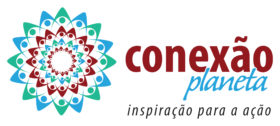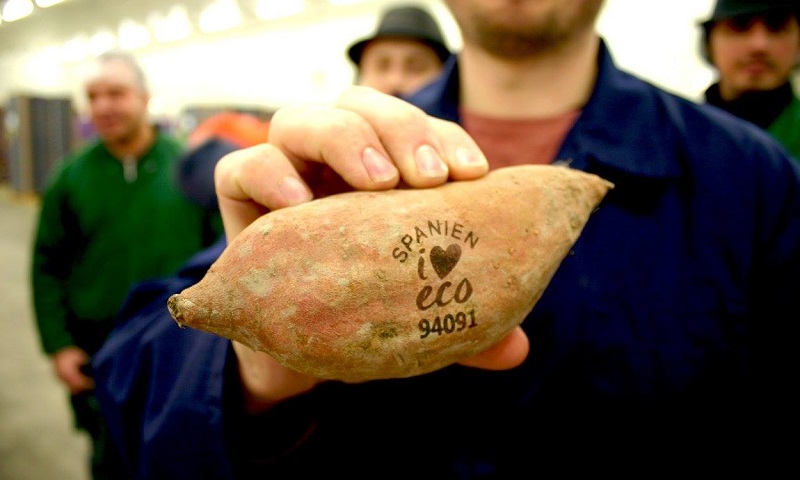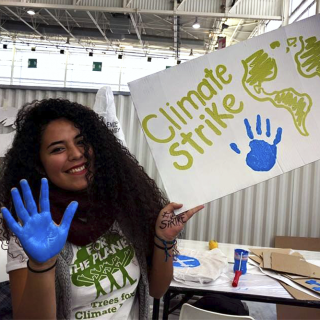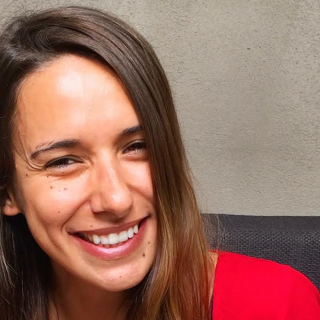Plastic, plastic and more plastic. On supermarket shelves, plastic is king. It packages practically everything: cold cuts, cheese, vegetables, greens, meat. Unfortunately, much of this packaging is not recyclable. Even those who opt for organic produce, in an attempt to make a more sustainable consumer choice, are still forced to take home their groceries wrapped in… plastic. It’s this plastic packaging that holds labels with information like origin and expiration date.
However, a Dutch company has created an innovative alternative. Eosta has developed a technology that makes it possible to laser print labeling information onto the skin of fruits and vegetables.
“I always remind people that the most sustainable way to package something is not to use packaging at all,” jokes Paul Hendriks, an executive at the company.
Eosta’s laser-printed labels are already used in supermarkets in Sweden, Germany, Austria and Holland. The technology only works on produce with tough skins, such as avocados, mangoes, sweet potatoes, coconuts, ginger, zucchini and pumpkin.
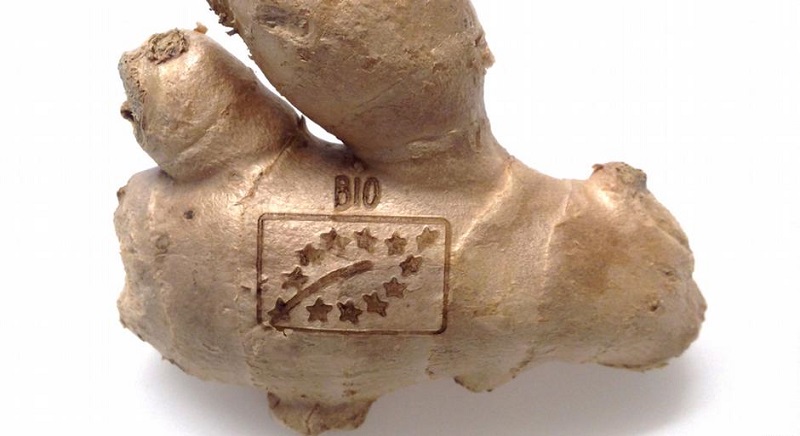
Ginger with an organic produce label (Photo: Eosta)
In Europe, this technology is initially being used only for organic products, since the European Union has a law requiring a clear distinction be made between organic and non-organic products for consumers.
Eosta guarantees that the laser printed labels do not affect the product’s flavor or its expiration date. Furthermore, the company claims that the energy spent in its printing process amounts to just 1% of that used in the production of paper and plastic labels.
Since 2016, Eosta’s technology has prevented the waste of 6.3 million plastic packages, 88,000 tons of plastic, 45,000 square yards of paper, and kept 396,000 tons of carbon dioxide from being emitted into the atmosphere – CO2, the gas considered the main culprit behind global warming.
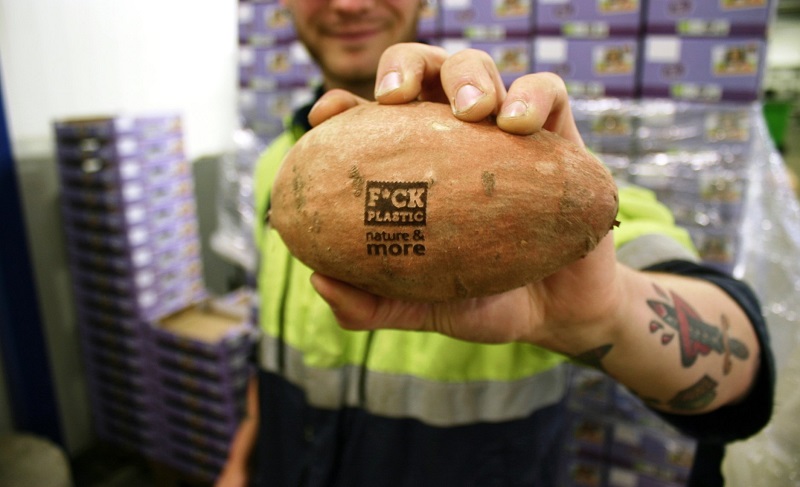
Innovative technology prevents the use of plastic (Photo: Eosta)
The Dutch company specializes in sustainable packaging. Besides its laser printing technology, it manufactures bioplastic, packaging made from sugarcane, and biodegradable labels.
This week the company won the Sustainable Food Award for developing its laser printing technology, and this past March it also won the Dutch Packaging Award in the Sustainability category.
Published on 06/29/2018